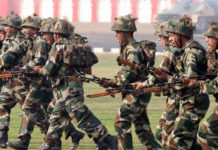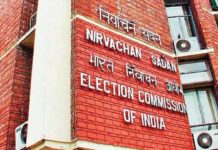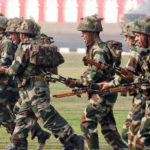 TOPIC – Punishing process
TOPIC – Punishing process
“As custodian of individual liberties, SC must prevent due process from becoming punishment. It must fast track cases”
Eleven MPs from Kerala have petitioned the Chief Justice of India to expedite hearing in the case against Siddique Kappan, a Delhi-based journalist, who is currently admitted in a hospital in Mathura after contracting COVID-19 in prison. Kappan was arrested by UP police in October last year, when he travelled to Hathras to report on the rape of a Dalit woman and later charged under UAPA for his alleged association with the Popular Front of India, an Islamist outfit. Kerala Chief Minister Pinarayi Vijayan has also written to his UP counterpart requesting better medical care for Kappan, who suffers from co-morbidities.The disquieting reality is that Kappan’s case, wherein an individual is charged under the UAPA and denied bail for an extended period, is not exceptional. A large number of people, particularly political workers and civil rights activists and a number of them young women, have been booked by central and state agencies under the UAPA in recent years and left to spend time in prisons without bail, pending closure in the cases for months and years. A 1967 law, the UAPA has been repeatedly amended to include stringent provisions in the name of fighting terrorism. A 2019 Supreme Court ruling has made it near impossible for UAPA accused to get bail, shifting the onus of disproving charges on the accused. There is reason to fear that the State now uses the Act to silence dissent and imprison its critics. Among those booked in recent years under UAPA and denied bail include rights activists, lawyers and academicians imprisoned in the 2018 Bhima Koregaon-Elgar Parishad case, students and youth arrested in anti-CAA protests, human rights defenders, RTI activists. According to the National Crime Records Bureau, 1,948 people were arrested in 2019 under the UAPA, up from 999 in 2016, while convictions have been very low — in 2019, 34 persons were convicted, 16 people discharged, and 92 acquitted. Hopefully, Justice N V Ramana, the new CJI who has an illustrious record of speaking up for civil liberties, will look closely at such cases. Cases such as that of Kappan, or of the 84-year old Jesuit priest Stan Swamy detained in the Elgar Parishad case since October 2020, need to be fast-tracked so that due process itself does not become the punishment.
















